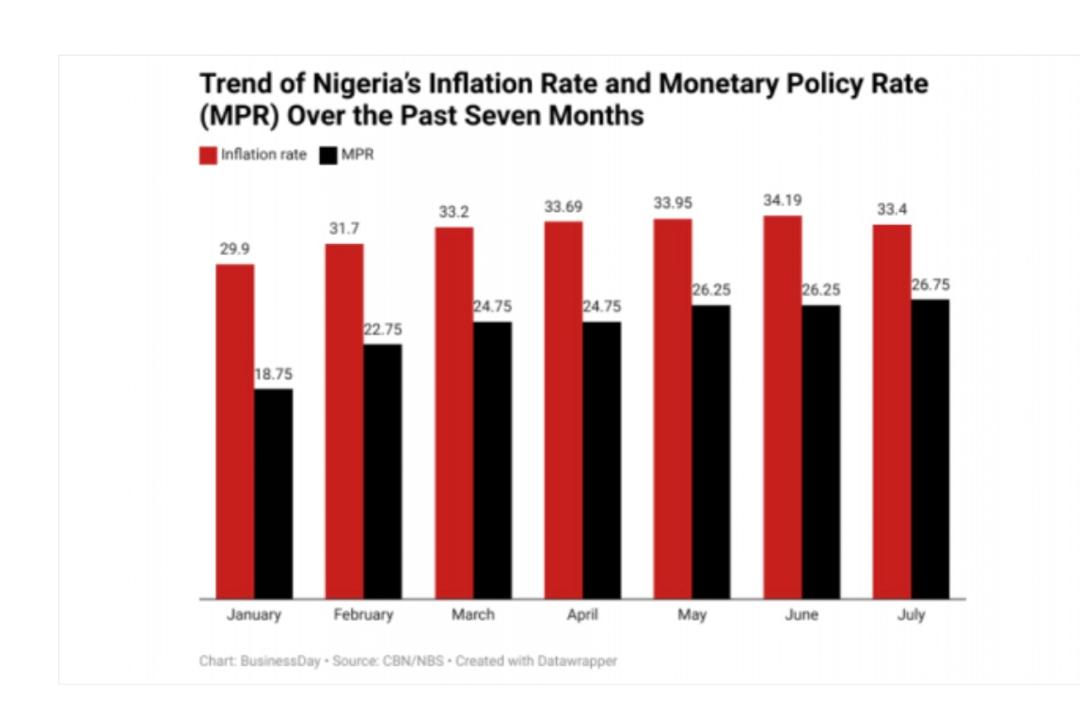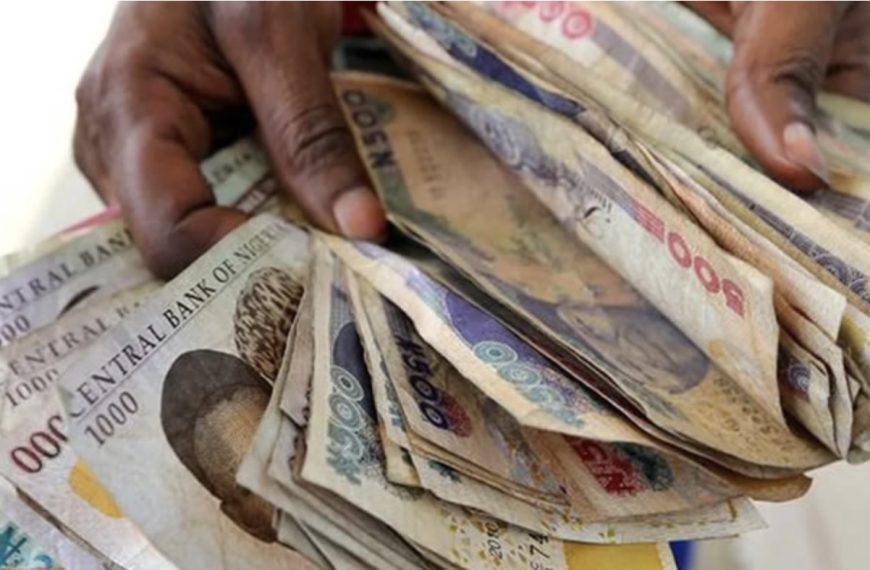John, a 42-year-old mechanic in Lagos, has seen better days. He has always prided himself on being able to provide for his family, but in recent years, his earnings have been stretched thin.
The cost of everything from food to transportation has skyrocketed, leaving him with tough choices. When the news broke that Nigeria’s inflation rate had dropped from 34.19 percent to 33.40 percent, John was hopeful.
At the local market, John observed a mixed picture. Prices for some items, like tomatoes, peppers, and grains, had dropped, reflecting seasonal changes in agricultural production. Yet staples such as rice, beans, and bread remained alarmingly high.
“What good is a lower inflation rate if my money still can’t cover my needs?” he questioned, reflecting the frustration of many Nigerians facing similar economic hardships.
“Despite the official inflation rate’s decrease, many Nigerians continue to struggle with high prices.”
Despite the official inflation rate’s decrease, many Nigerians continue to struggle with high prices. The Central Bank of Nigeria (CBN) has taken significant steps to address inflation. In 2024 alone, the CBN raised the Monetary Policy Rate (MPR) by a total of 800 basis points, from 18.75 percent to 26.75 percent.
This move was intended to temper consumer spending by making borrowing more expensive. However, the effectiveness of this approach has been mixed, as the broader economic impact remains uncertain.
Nigeria’s inflationary troubles are deeply rooted in its economic structure. The country’s heavy reliance on oil exports renders it vulnerable to global oil price fluctuations.
Recent issues, including the devaluation of the naira, supply chain disruptions, and the removal of fuel subsidies, have compounded the inflation problem.
The oil sector’s volatility affects government revenue and overall economic stability, contributing to the persistent inflationary pressures.
Adebayo Oluifa, an economist at an Economic Research Consortium, provides insight into the current situation. “The recent dip in inflation can be partially attributed to seasonal changes in agricultural production. However, these reductions in food prices are often temporary and do not address the underlying structural issues affecting the economy.”
Oluifa’s comment highlights the complexity of the inflation issue, where short-term relief does not necessarily equate to long-term stability.
The pressing question now is whether this dip marks the beginning of a more sustained trend or if it is merely a temporary reprieve from more severe economic conditions. For many Nigerians, the high costs of essential goods persist despite the recent inflation decrease.
This discrepancy between statistical improvements and everyday experiences suggests that while the CBN’s measures might appear effective on paper, they have yet to deliver substantial relief to the average citizen.
Sarah Ojo, a 35-year-old schoolteacher and single mother of two from Ogun State, exemplifies this ongoing struggle. Despite the latest inflation data, Sarah finds herself spending more on essentials like food, school supplies, and transportation.
Credit/BUSINESSDAY












